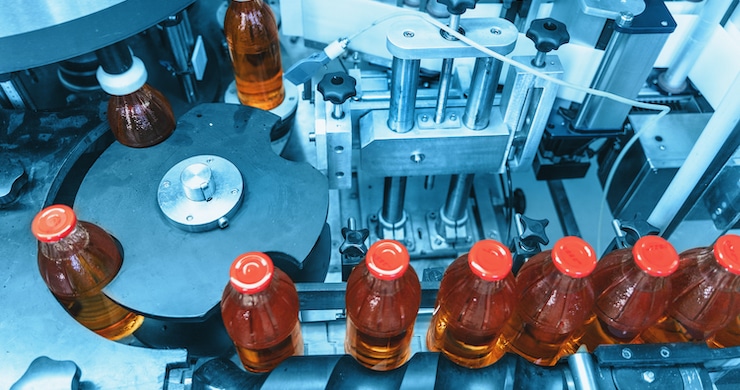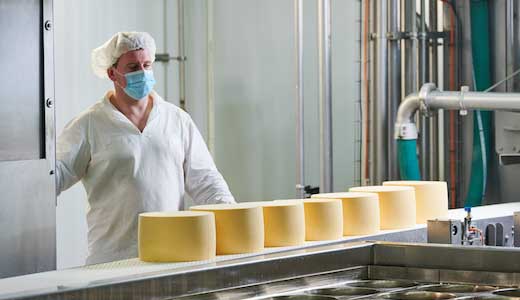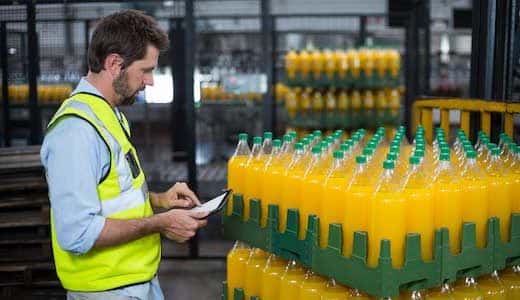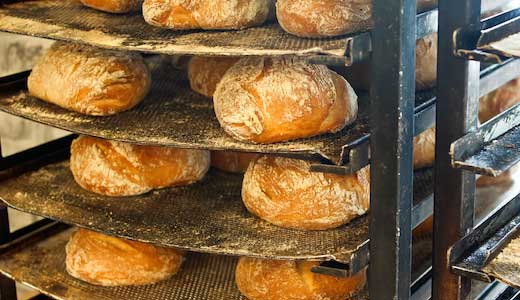Posted by Zosi Team

What makes a beverage kosher? The answer begins with a discussion of where and how kosher production impacts your beverage plant.
It may sound complicated at first, but we can sum up the basics of kosher production with the acronym P.I.E.: Process, Ingredients, and Equipment. This blog touches on the processes, ingredients, and equipment particular to a kosher beverage facility.
Principles of Kosher Beverage Production
Kosher Production Processes
The first major piece of P.I.E. is Process. While several manufacturing processes are vital to kosher production, we’ll focus on a critical aspect of kosher beverage processes: the introduction of heat. This includes pasteurization, the most heat-intensive part of the kosher production process.
To begin, before scaling and batching, you must make sure to flush any residue from previous batches out of your equipment. If the product is pareve, dairy residue must not be present. If the product is kosher, make sure no non-kosher residue is present.
After this step comes pasteurization, the single most kosher-sensitive part of beverage production. Whether your plant is hot-fill or cold-fill, the path a product takes through this system, and its heat source, have an enormous impact on kosher production. Your certifying agency will assess your plant’s configuration to help you identify processes that cause or may cause kosher concerns.
Kosher Beverage Ingredients
As expected, kosher beverage production also has unique ingredient concerns. Many common ingredients in commercial beverage production pose potential problems for your plant.
The most prominent ingredient concern in kosher beverages is grape. This includes grape concentrate, grape essence, grape flavor, and raising products. Why does grape pose such a problem to manufacturing facilities? Aren’t all grapes kosher? The answer, of course, is yes. However, what a facility does to that grape (its process) impacts kosher status. A vital component of this kosher-sensitivity is that grape juice is, in essence, wine. Wine’s religious significance requires precise handling rules.
Next, flavors – whether natural or artificial – serve as the building blocks of the beverage industry. They are, after all, what differentiates one product from another. When it comes to kosher, flavor can never be considered insignificant. As such, flavors for kosher beverage production must come from a reliable flavor house and be kosher certified. Liquid and powdered flavors each have unique kosher concerns. Consult with your certifying agency before you order.
Other kosher-sensitive ingredients include milk proteins, shellfish, gelatin, preservatives, and coloring. Each of these poses potential problems for pareve and equipment in your kosher beverage production.
Kosher Production Equipment
Finally, let’s take a look at the role equipment can play on your beverage plant’s kosher status. A crucial part of separating non-kosher and kosher products, a key tenant of kosher law, involves taking immense care of your equipment. Each product your run affects the equipment itself and that equipment can then affect future products. If you run dairy products, you cannot then run pareve on that same equipment. Likewise, if you run non-kosher, you cannot then run kosher.
Dedicating equipment to a single category can help you maintain this separation. Always remember that even if your equipment is dedicated, it can still be problematic if it’s considered compatible. Equipment is compatible when it looks, operates, or functions the same for kosher and non-kosher products, or dairy and pareve.
In most cases, dedicating equipment and eliminating compatibility isn’t practical. As a result, your equipment will require regular kosherizations. Take a closer look at the kosherization process in our online kosher beverage production course.
Conclusion
While kosher beverage production principles can seem complicated at first, boiling them down piece by piece can help your business approach kosher and succeed in the certification process. With the right processes, ingredients, and equipment in place, you have the tools to maximize your kosher production potential.



 Managing Kosher Production
Managing Kosher Production
 Managing Kosher Dairy Production
Managing Kosher Dairy Production
 Managing Kosher Beverage Production
Managing Kosher Beverage Production
 Managing Kosher Baking Production
Managing Kosher Baking Production

